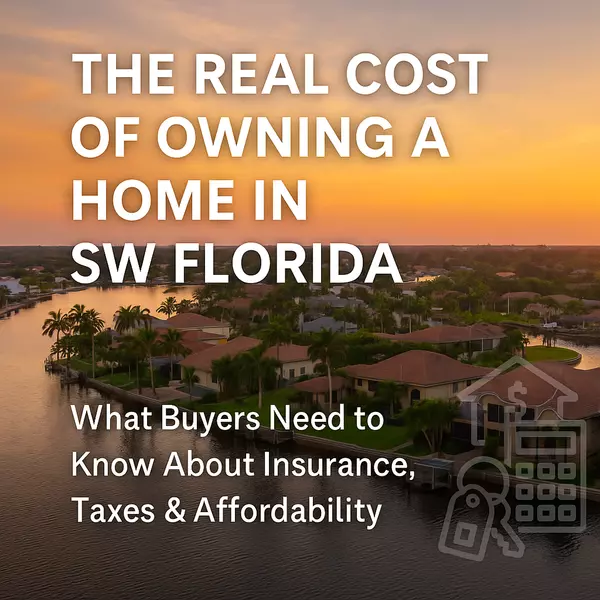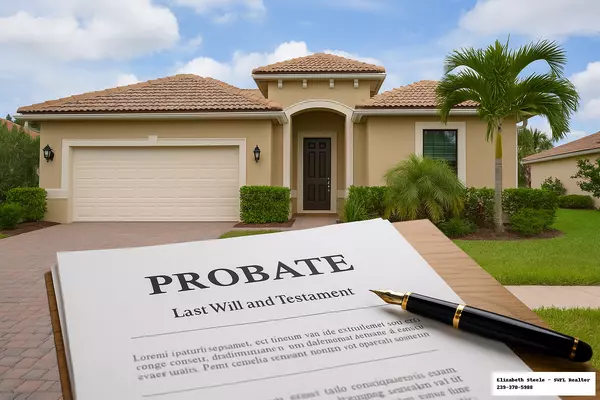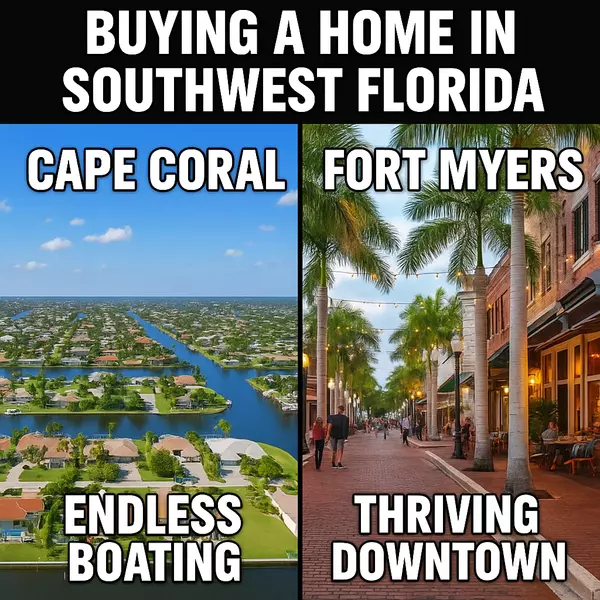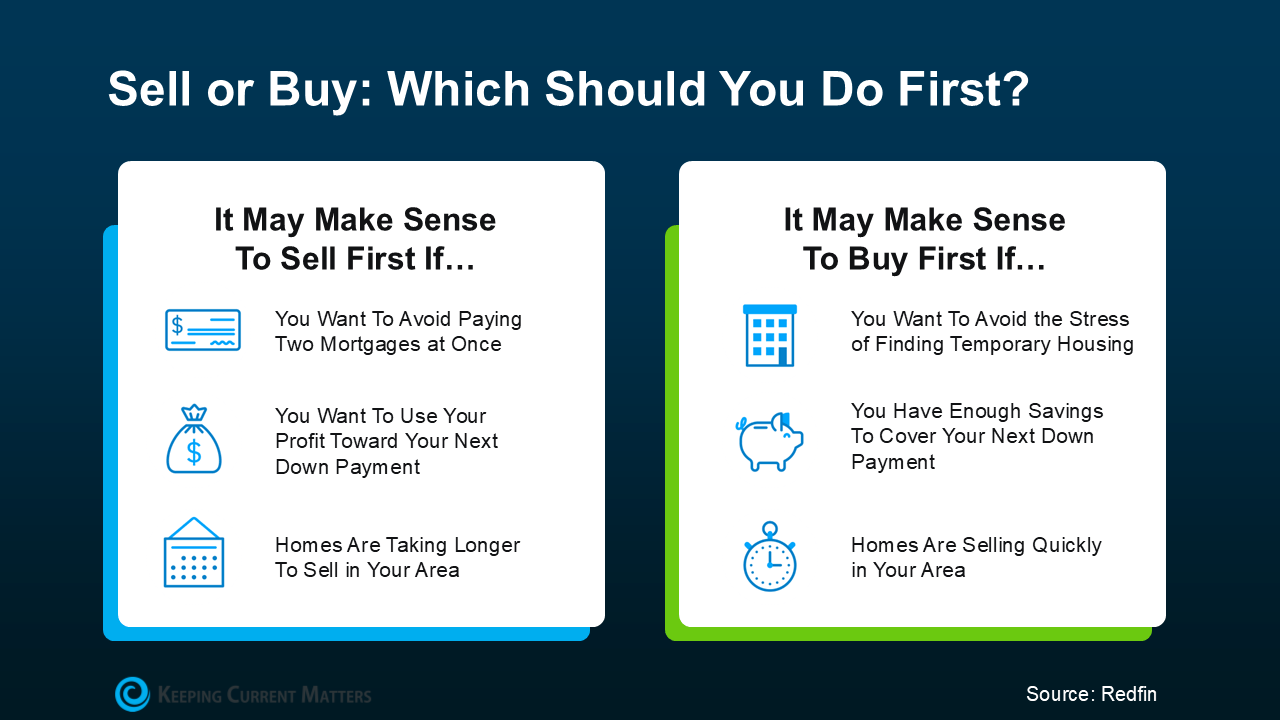No Down Payment? No Worries!

Learn about Rent-to-Own options
What is Rent-to-Own?
Feeling discouraged by the lack of funds for a down payment? Homeownership may still be within reach. Rent-to-Own could be the solution. Florida’s real estate market is highly competitive, especially in areas like Miami, Orlando, Tampa, and Southwest Florida. Rent-to-Own properties can be an attractive option for buyers looking to secure a home in these high-demand areas. Here’s everything you need to know:

How the Rent-to-Own Process Works
A Rent-to-Own agreement has two components:
-
A lease agreement.
-
An option to buy.
You’ll sign a lease to rent a property for a specific period. Before the lease ends, you’ll have the option to buy the home. This could be a lease option contract (giving you the choice) or a lease purchase contract (requiring you to buy). The best part is that a percentage of the rent you pay might be applied to the purchase price.
Florida has specific landlord-tenant laws that can affect Rent-to-Own agreements. It’s crucial to understand these laws and ensure that contracts comply with state regulations to avoid any legal complications.
What Do You Need to Qualify?
Rent-to-Own is a viable path to homeownership, even if you aren’t preapproved for a mortgage. Typical qualifications include:
- An acceptable credit score.
- Proof of income.
- Proof of good tenant standing.
Specific requirements depend on the property owner. It’s wise to have a real estate professional and possibly a lawyer review the terms.
In Florida, option fees (the upfront fee paid to secure the right to purchase) are typically negotiable. This fee usually ranges from 1% to 5% of the purchase price and is credited towards the purchase if the option to buy is exercised.

Pros and Cons
Pros:
- Save money for a down payment.
- Test drive a home before buying.
- Share repair costs with the landlord.
- Gradual homeownership.
- Locking in Purchase Price: In Florida’s appreciating market, Rent-to-Own can help you lock in a purchase price, potentially saving money.
- Florida has numerous retirement communities that offer Rent-to-Own options, providing a pathway to homeownership for retirees who may not have large cash reserves for a traditional down payment.
Cons:
- Lose extra rent paid if you decide not to buy.
- No guaranteed home loan at the lease’s end.
- HOA and Community Fees: Many Florida properties have HOA fees; agreements should clarify responsibilities during the rental period.
- Natural Disasters: Florida's susceptibility to hurricanes and flooding requires checking if the property is in a flood zone and addressing insurance responsibilities in the agreement.
Think carefully about the type of Rent-to-Own arrangement that works for you and your confidence in buying after the lease term.

How Long Does it Take, and How Do I Get Started?
Rent-to-Own arrangements may be governed by state-specific rules, typically locking in rates for 3-5 years or more. The time to buy depends on your contract and lease length.
The first step often involves a nonrefundable fee called an option fee, usually between 1% and 5% of the purchase price. It’s far less than most traditional down payments.

High Demand Areas: Florida’s real estate market is highly competitive, especially in areas like Miami, Orlando, Tampa, and Southwest Florida. Rent-to-Own properties can be an attractive option for buyers looking to secure a home in these high-demand areas.
Tourist and Vacation Home Markets: Florida is a popular destination for tourists and has a significant market for vacation homes. Some Rent-to-Own agreements in Florida may also cater to buyers looking for vacation properties, particularly in coastal areas.
Property Condition: Many Rent-to-Own properties in Florida are well-maintained, given the state’s appeal to retirees and seasonal residents. However, it’s still important to conduct thorough inspections to ensure the property is in good condition.
Hurricane and Flood Zones: Due to Florida’s susceptibility to hurricanes and flooding, it’s essential to check if the property is in a designated flood zone. Rent-to-Own agreements should address responsibilities for insurance and repairs related to natural disasters.
Conclusion
Rent-to-Own might be your path to homeownership. It offers a unique opportunity to secure a home even if you don't have the funds for a traditional down payment. With the right agreement, you can rent a property while saving up and building your credit, ultimately moving towards purchasing the home.
Before entering into a Rent-to-Own agreement, it's crucial to understand the terms and conditions, as well as your responsibilities and rights as a tenant and future homeowner. Working with a real estate professional ensures that you make informed decisions and secure a deal that best suits your needs.
Ready to explore Rent-to-Own opportunities in your area? Contact me today, and let's get you started on the path to owning your dream home. With my expertise and local knowledge, I can help you navigate the process and find the perfect property to call your own.
Also check out our other articles:
Categories
Recent Posts











